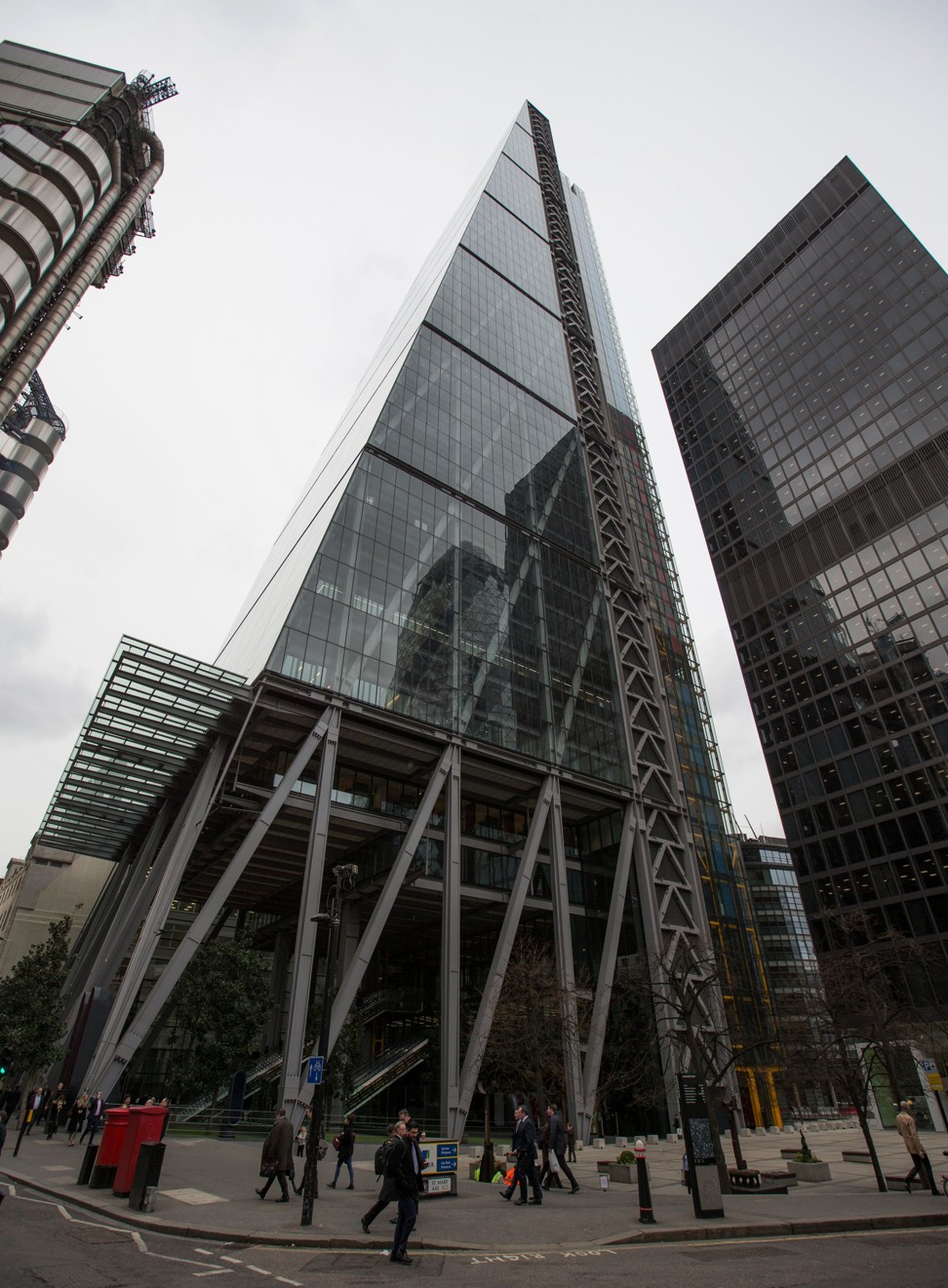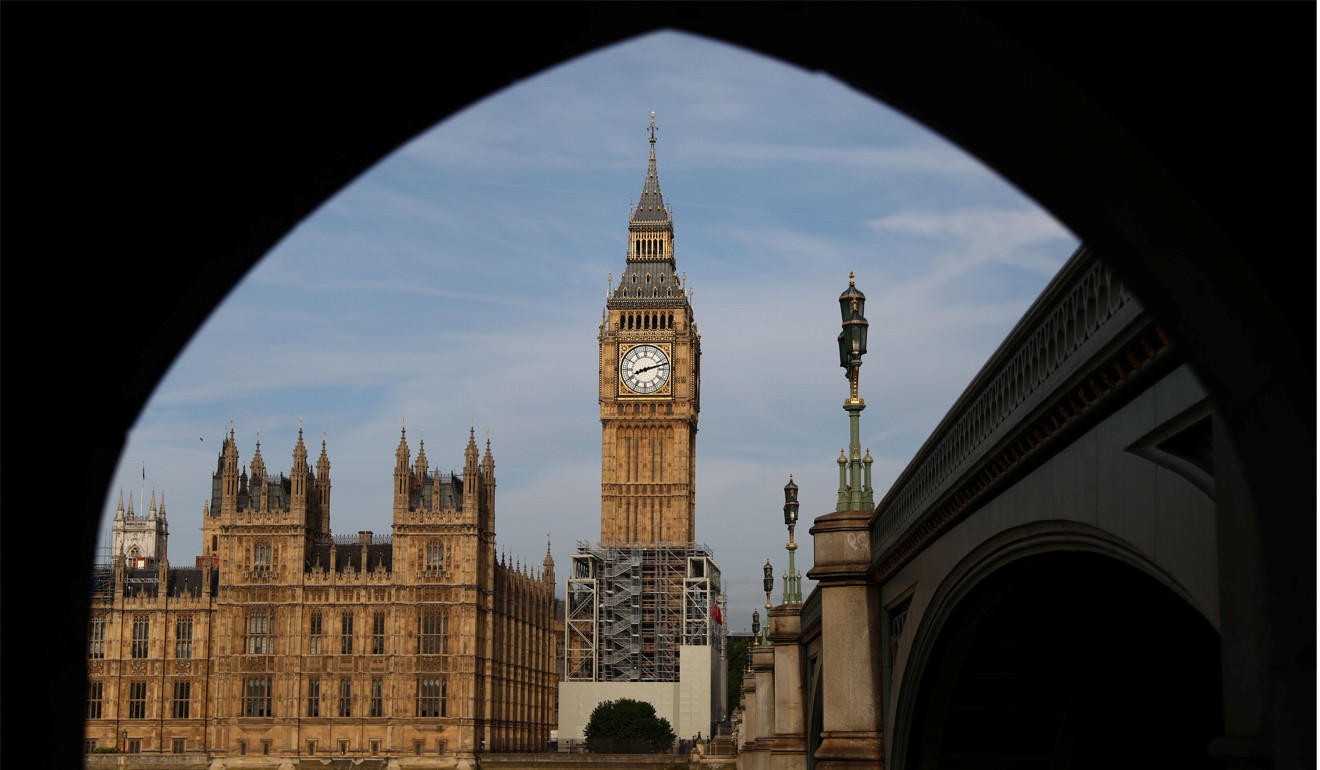
Asian investor appetite for UK property to outweigh privacy concerns of planned ownership register
Overseas buyers of property will not be able to hide their identities under the register plan, but the buoyancy of the UK market will continue to attract their money, analysts say
Hong Kong and mainland Chinese buyers of British property may not be able to shield their identities when the country introduces a public register of ownership in three years’ time, but the attractiveness of the UK property market is likely to outweigh any concerns over privacy, according to analysts.
The UK is set to introduce the register, which will name publicly the ultimate owners of overseas companies who own or buy property in the country, in an effort to combat perceptions of tax evasion and money laundering through the property market. Draft legislation will be published later this year and the register is expected to go into effect by 2021.
In the first quarter of last year, buyers from Hong Kong alone spent almost US$3 billion on UK property, nearly US$1.3 billion more than all other foreign buyers and global funds combined.
“Persons in Hong Kong considering new UK property purchases should consider the possible impact of the introduction of the public register, and how their investment should be made in the future, whether in a personal name or even through a UK company,” said Nimesh Shah, a partner at accounting, tax and advisory practice Blick Rothenberg.

Foreign owners will often use a holding structure of a non-UK company, which offers some level of privacy when buying UK property, Shah said, but the register could eliminate that confidentiality.
Foreign companies own around 100,000 properties in England and Wales, including over 44,000 in London, according to UK government figures. But the current lack of ownership transparency has led to suggestions UK property is being used as a mechanism for tax evasion and money laundering.
Between 2004 and 2014 Britain found over £180 million (US$256 million) of real estate suspected to be linked to corruption, with 75 per cent of the properties in the name of overseas companies, hiding the real owners, according to the Department for Business, Energy and Industrial Strategy.

For some investors with legitimate commercial reasons for wanting to hide ultimate beneficial ownership, the register “will be a nuisance”, said Nick Saner, partner in the real estate team of Allen & Overy law firm in London.
“It will undoubtedly impose a greater administration burden on both new and existing overseas companies in relation to their initial investment or existing investment and then keeping the register up to date,” he said.
Nevertheless, the register is not expected to alter the risk-return equation of UK properties, said Sigrid Zialcita, managing director of research for the Asia-Pacific region at commercial real estate company Cushman & Wakefield.
“The measure is not aimed at curbing foreign investments into real estate,” she said. “With risks from Brexit and other policy changes already priced in, this additional requirement does not detract from the market’s current underlying fundamentals.”
London’s luxury property market in particular is expected to favour long-term foreign investors in 2018, as asking prices begin to recover and buyers take advantage of a weakened sterling, offsetting concerns about any loss of confidentiality.

The average fall in prime property prices in central London was just 0.7 per cent year on year for 2017, compared to a 6.3 per cent decline in 2016, according to property agent Knight Frank.
Separately, Savills has predicted 20 per cent growth over the next five years in London’s luxury property market, while in January London was voted the No 1 global city for real estate investment in 2018 by members of the Association of Foreign Investors in Real Estate (AFIRE).
Others said the register could have a beneficial effect on the UK property market by providing transparency.
“I would like to think that over time it increases overseas investors’ comfort and security of investing in the UK,” said James Dempsey, sales director at UK property investment firm BuyAssociation in Hong Kong.
“I think it will probably stop restrictions or unfair regulations coming in, because the UK could pinpoint exactly where that money is coming in and target people instead of punishing everybody.”

